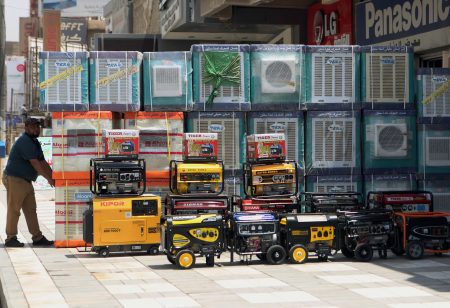October 15, 2016 – The nations of the world have agreed to a legally binding agreement to cut the greenhouse gases used in refrigeration and air conditioning. The gases are known as hydrofluorocarbons (HFC) and are 10,000 times more potent than carbon dioxide in contributing to global warming.
Why is this agreement needed?
It is anticipated that over the next three decades we will see 1.6 billion new air conditioning systems added to the billions already in place on this planet. Most of these new systems will come from demand in Asia, Latin America and Africa. The growing need for air conditioning in countries below 30 degrees in latitude on either side of the equator will be exacerbated by record heat caused by the accumulation of global greenhouse gases.
That’s why 197 countries at Kigali committed to reducing HFC use with Developed Nations making reduction commitments of 10% by 2019 and incremental declines to eventually reach 85% by 2036.
Developing countries are on a slower timetable and come in two categories. The vast majority have agreed to a freeze in HFC total volumes beginning in 2024. The exceptions are India, Iran, Iraq, Pakistan and the Persian Gulf nations who will freeze HFC levels beginning in 2028.
Unlike the COP21 Paris agreement, Kigali is legally binding with very specific timetables.
Phasing out HFCs will cost as much as $6 billion US although Russian estimates put the number at closer to $10 billion. Donors have contributed $80 million to kickstart implementation.
In 1987 the Montreal Protocol began the phasing out of chlorofluorocarbons (CFC) which were in wide use in aerosols and refrigeration. HFCs which replaced CFCs were not thought to be as great a problem. The CFC ban at the time was more concerned with depletion of the ozone layer from these gases. No one was thinking about their greenhouse gas potential in contributing to global warming.
Escalating reduction of HFCs may help slow global warming. But this HFC agreement will only contribute a small part to tackling climate change. It is hoped that the 197 countries at Kigali will take a binding commitment to tackle carbon dioxide, methane, nitrous oxides and other more plentiful greenhouse gases that are primary contributors to rising global temperatures.















